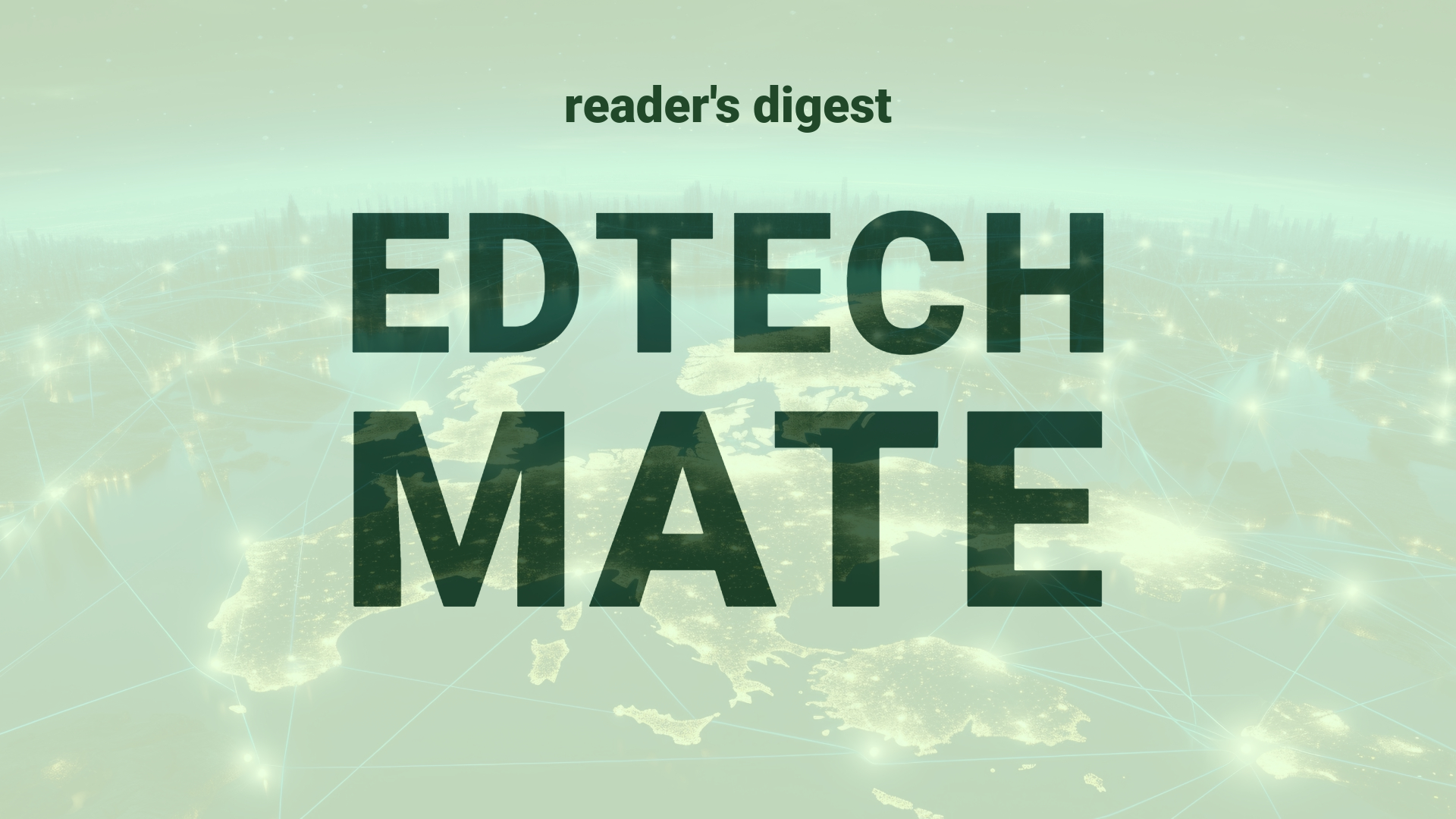“`html
Executive Summary and Main Points
In a landscape where Chief Information Officers (CIOs) are shifting their focus from operational maintenance to driving business outcomes, Artificial Intelligence (AI) has emerged as a joint front-runner with cybersecurity in IT priorities. The key findings of a new survey by Lenovo indicate an 81% adoption rate of AI tools, either third-party or a combination thereof, showcasing a clear trend towards digital transformation in organizations globally. CIOs are now being measured on their strategic contributions, with AI and machine learning considered urgent matters for over half of those surveyed, cementing their standing as pivotal elements in future organizational success.
Potential Impact in the Education Sector
The rise of AI integration and its importance for CIOs signal an impending transformation in Further Education, Higher Education, and Micro-credentials. Education institutions can form strategic partnerships with AI solution providers to enhance learning experiences and operational efficiency. Digitalization efforts could revolutionize curriculum development, personalized learning, and administrative procedures. As AI becomes more prevalent, Higher Education must be prepared to tackle challenges in adopting new technologies, while Further Education may see an increased emphasis on equipping students with AI-related skills. In the realm of Micro-credentials, AI can facilitate more adaptive and flexible learning paths that are aligned with market needs.
Potential Applicability in the Education Sector
Innovative applications could see AI-enhanced Learning Management Systems providing personalized education at scale, and student support services benefitting from advanced analytics and AI-driven guidance. Global education systems can adopt AI-powered tools for efficient assessment grading, curriculum planning, and even detecting patterns in student behavior to optimize interventions. Moreover, the digitization of educational resources could lead to more accessible and inclusive learning environments globally, with AI potentially bridging the gap between different educational standards and practices.
Criticism and Potential Shortfalls
Despite the potential benefits, the integration of AI in education must be met with scrutiny. Case studies, such as those referenced from Indian enterprises, caution against the rapid adoption of AI without proper framework considerations, including security, privacy, and ethical implications. Additionally, cultural sensitivities must be addressed to ensure AI tools are not biased or insensitive to the diverse global education landscapes. International comparisons, possibly drawing insights from regulatory environments like the General Data Protection Regulation (GDPR) in Europe, will help identify best practices in AI integration.
Actionable Recommendations
For educational leadership looking to navigate the AI landscape, strategic recommendations include investing in upskilling initiatives and creating interdisciplinary committees to oversee AI adoption and ethical standards. International education leaders should prioritize forming consortia to share resources and insights on AI best practices while considering environmental sustainability in their AI strategies. Establishing clear ROI metrics tailored to educational technology investments can counterbalance the uncertainties surrounding the financial aspects of AI projects. Lastly, fostering a culture of innovation while maintaining cautious progressiveness is key to successfully integrating AI into educational systems.
“`
Source article: https://www.cio.com/article/2095301/cios-eager-to-scale-ai-despite-difficulty-demonstrating-roi-survey-finds.html

